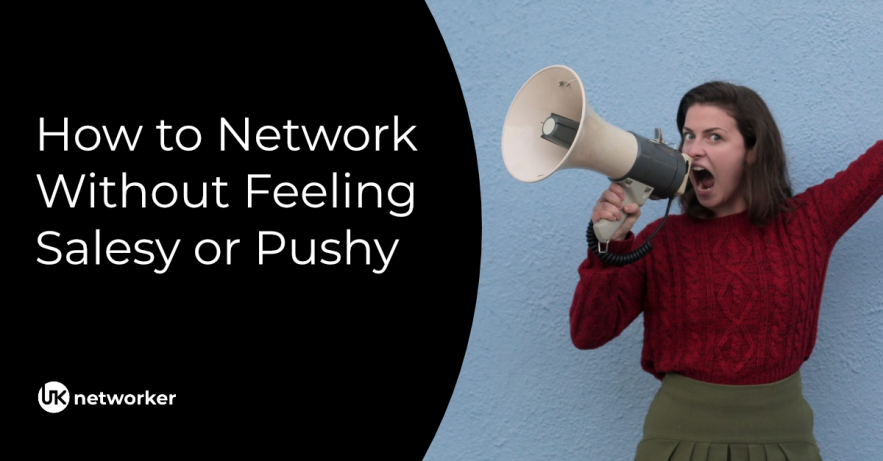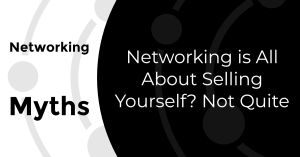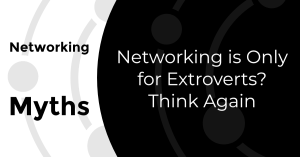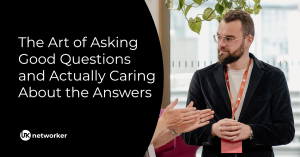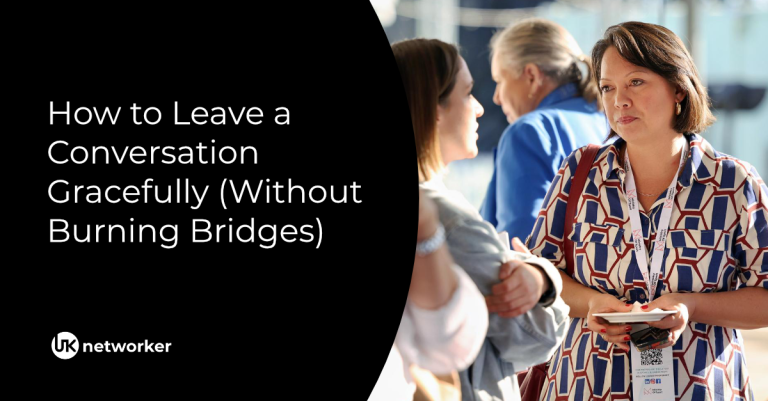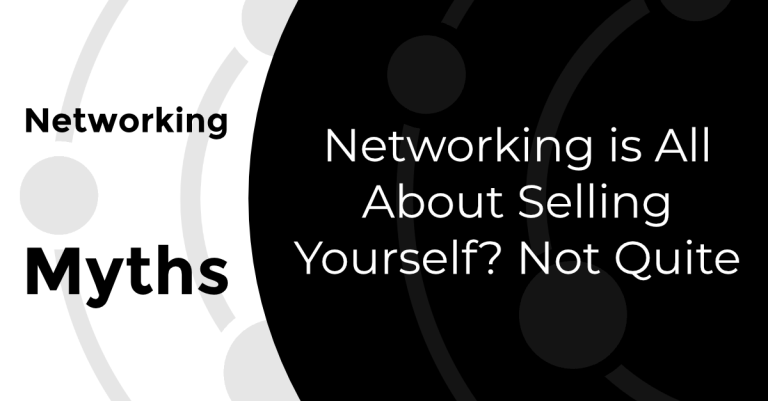There’s a particular kind of dread that creeps in before a networking event. It’s the fear of becoming that person, the one who’s always pitching, always pressing a card into someone’s hand, never quite listening. Most of us have walked into a room hoping to connect, but left feeling like we spent the night trying to sell a product nobody asked for. If you’ve ever left an event questioning your approach, you’re not alone.
It’s a myth that you have to be relentlessly self-promoting to make networking work. In fact, the best networkers rarely lead with what they’re selling. Instead, they build genuine connections. The most valuable business relationships often start the same way as friendships, with curiosity, openness, and a willingness to listen.
Friendship First, Business Follows
There’s a misconception that every conversation at a networking event is a sales opportunity waiting to be seized. The reality is far simpler. It’s about meeting people and seeing where things naturally lead. Business comes after trust, and trust builds slowly through honest exchanges. When you approach networking as a chance to make friends with people who happen to be professionals, the pressure to “close” disappears. You’re not performing. You’re just present.
Lead with Curiosity, Not Agenda
The quickest way to put someone on guard is to launch straight into what you do or what you want. Most people appreciate being asked about themselves. Start there. Genuine curiosity sets a different tone. What brought them to the event? What projects are they working on? Where do they see things changing in their field? The best conversations often begin with simple, open questions.
Listening, actually listening, is the hardest skill in the room. We’ve all experienced conversations where someone’s just waiting for their turn to talk. Stand out by giving people space to answer fully, without rushing to jump in with your own story. Not only does this make you memorable, it often leads to the moments where business opportunities surface naturally. People want to work with those who “get” them, not those who are only interested in their own pitch.
Sharing What You Do, Without the Hard Sell
Inevitably, someone will ask about your business. The key is to share, not sell. Keep it simple and honest. Explain what you do in a way that’s easy to understand, and let it be enough. You don’t have to impress everyone in the room, just connect with the people who genuinely want to know more. If you feel like you’re starting to push, pull back. The right people will follow up if it resonates with them.
Events listed on UKNetworker are often curated for real conversations, not just rapid-fire pitching. The best organisers give people time to talk and encourage introductions that feel natural, rather than transactional. Seek out those events where the structure is designed for connection, not pressure.
Reading the Room and Knowing When to Step Back
It’s easy to get caught up in the energy of a busy room, but real connection isn’t forced. Sometimes the best move is to step back and observe. Watch for people who seem open to new conversations, rather than trying to break into every group. If someone’s distracted or clearly in a hurry, let them be. Respecting someone’s time shows confidence and self-awareness, two qualities that are remembered long after the event is over.
The Gentle Follow-Up
Much of what feels “salesy” happens after the event, when the follow-up comes across as a chase rather than a conversation. The art of gentle follow-up is in referencing the original conversation, offering something of value (even if it’s just a thoughtful article or an introduction), and letting the other person set the pace for next steps. The best relationships often develop in the quieter moments, not the main event.
Letting Go of the Outcome
The urge to push often comes from pressure, pressure to get results, make new contacts, fill the pipeline. But networking works best when you’re not fixated on the outcome. Not every conversation needs to “go somewhere” for it to be worthwhile. Sometimes the best result is a new perspective, a spark of an idea, or simply a friendly face at the next event.
That’s why UKNetworker is built around people, not transactions. Our most active members aren’t the ones working the hardest to sell. They’re the ones others want to introduce, invite back, and build with over time. It’s a simple shift, from “how can I get what I want?” to “how can I be someone people are glad to have met?”
Networking without the cringe isn’t about holding back. It’s about stepping forward honestly, showing up as yourself, and trusting that the right opportunities will come when the connection is real. The friendships you build in these rooms are the foundation for business relationships that last, and that’s the kind of networking that never feels pushy, only worthwhile.
